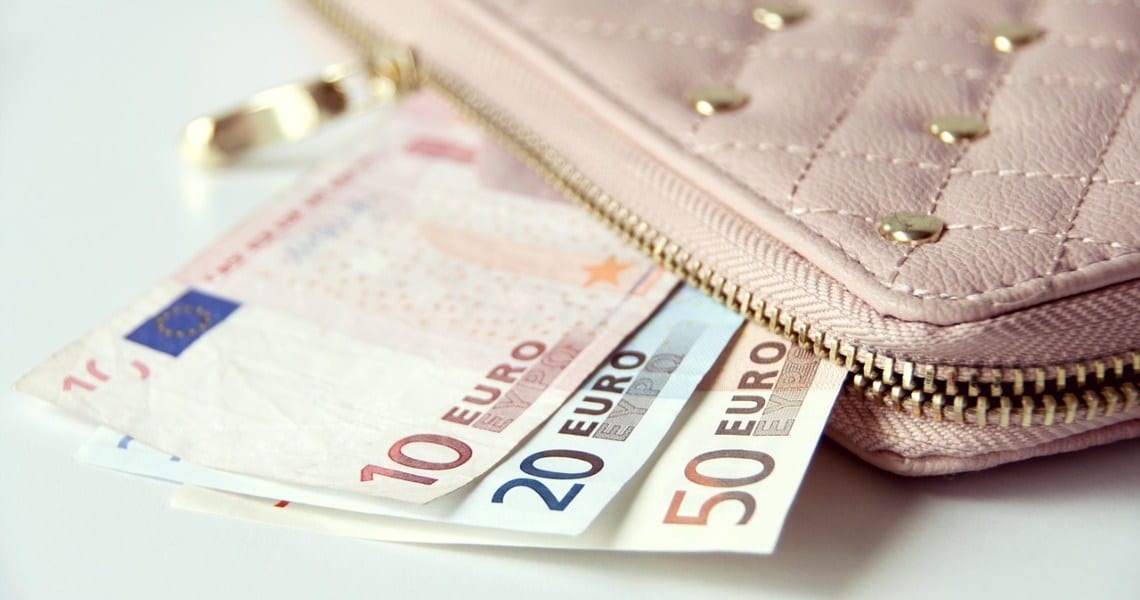The Bank of France announced yesterday that it has successfully completed testing the use of the digital euro.
Banque de France had launched an experimental approach to the Central Bank Digital Currency (CBDC) in early 2020, with which it is exploring the potential role of new technologies in improving the functioning of financial markets, with a particular interest in interbank settlements.
In essence, France is experimenting with a “wholesale” central bank digital currency.
This approach appears to be in line with the views of VISA’s Head of Crypto, Cuy Sheffield, who argued that central banks might not release their digital currency directly to consumers.
The Banque de France is, in fact, working with some technical partners to carry out these tests, based on a DLT developed by their teams, to trial the use of a CBDC for the issuance of digital financial instruments by Société Générale Forge.
Furthermore, the bank declares that, in the coming weeks, additional experiments will be carried out in collaboration with other operators, based on the applications received as part of the open call for applications of March 27th, 2020 for the testing of the digital euro in interbank settlements.
The number of applications received has been high and this shows the great interest of the banking and financial sector in this technology.
France supports technological innovations
France has long been committed to supporting blockchain-based technological innovations and has never hidden the fact that it prefers a digital euro over similar, but private initiatives such as Libra.
It is no coincidence that, among the 19 countries of the Eurozone, France is the one further ahead in testing the technology of distributed ledgers for the creation of a digital euro, probably conceived more as a basic monetary infrastructure than as a currency issued directly by the central bank to consumers.
Ultimately, if it were actually released, the digital euro would also reach consumers’ pockets, but through banking or payment intermediaries, which is exactly what happens today with the traditional euro, thus it would basically just be a different technological infrastructure to manage a de facto currency identical to the euro, from a financial point of view and not a real new currency. In any case, it has nothing to do with real cryptocurrencies.




